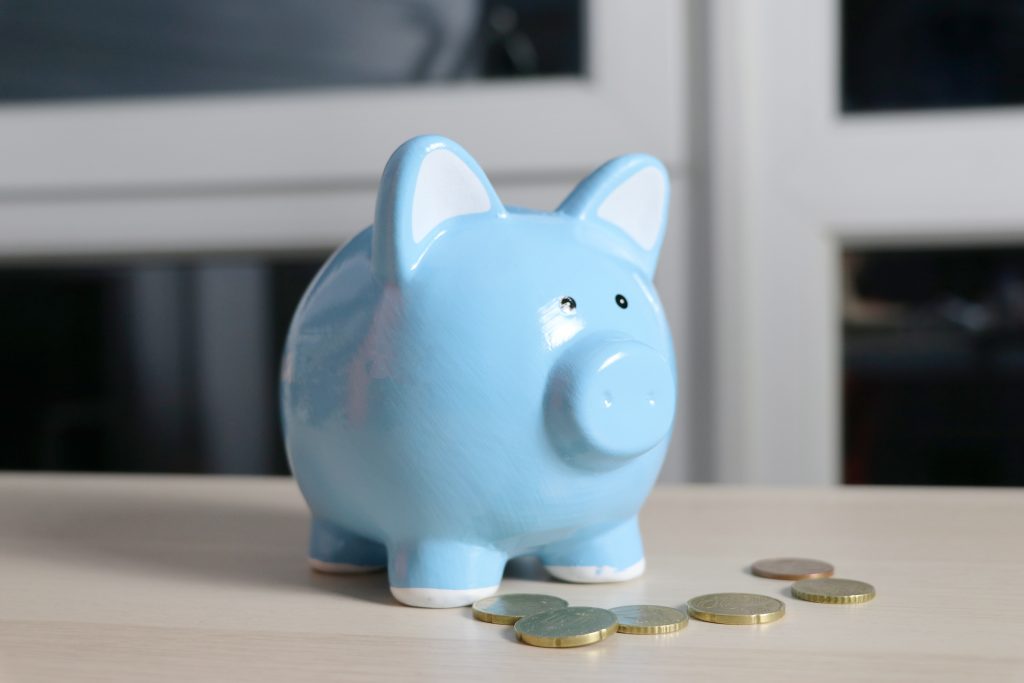Protect your savings by making these long-term investments.
Bond investors can profit in two ways: by earning interest and by generating capital gains. If you want to invest in fixed-income securities, you need to understand these concepts as well as the other fundamentals of bond investing.
Interest Income Collection
When you purchase a bond, you are essentially lending money to the issuer. The bond issuer can be a corporation (corporate bonds) or a government or municipality (municipal bonds) (sovereign or municipal bonds).
The interest rate, also known as the coupon rate, is determined by the current level of interest rates, the bond's maturity, and the issuer's credit rating. For example, if you purchase a $1,000 bond from a company when it is first issued, and the coupon rate is 7%, you should receive $70 in interest income each year.
If the bond's maturity date is 30 years away, you'll get your $1,000 investment back 30 years after the bond is issued. This can be a great deal for you because you'll get extra money, and it'll be a great deal for the company because they'll be able to use the money to expand their product lines, build new facilities, and meet other needs.
Tip: Bond duration is a concept that can help you understand the relationship between making money in bonds and interest rates.
Generating Capital Gains
Many bonds are not held until they reach their maturity date. If you need cash before your bonds mature, you can sell them through a broker. Depending on what has happened to the issuer's credit quality and the direction of interest rates, you may earn a capital gain or experience a capital loss.
If the firm that sold you your bond has gone from being extremely healthy to being on the verge of filing for bankruptcy, you'll only get pennies on the dollar because other bond investors won't take the risk unless they're paid a high rate of return. Similar to how interest rates rise, investors' expectations for returns will be higher than the coupon rate, which will decrease the value of your bond.
If you buy a corporate bond with a yield of 7% and comparable bonds suddenly yield 10%, you'll have to lower your price until your bond yields 10% as well. Investors are unlikely to purchase it if a newly issued bond with a higher yield is available.
If bond rates fall, on the other hand, you may be able to sell your bond for a higher price and profit from capital gains.


